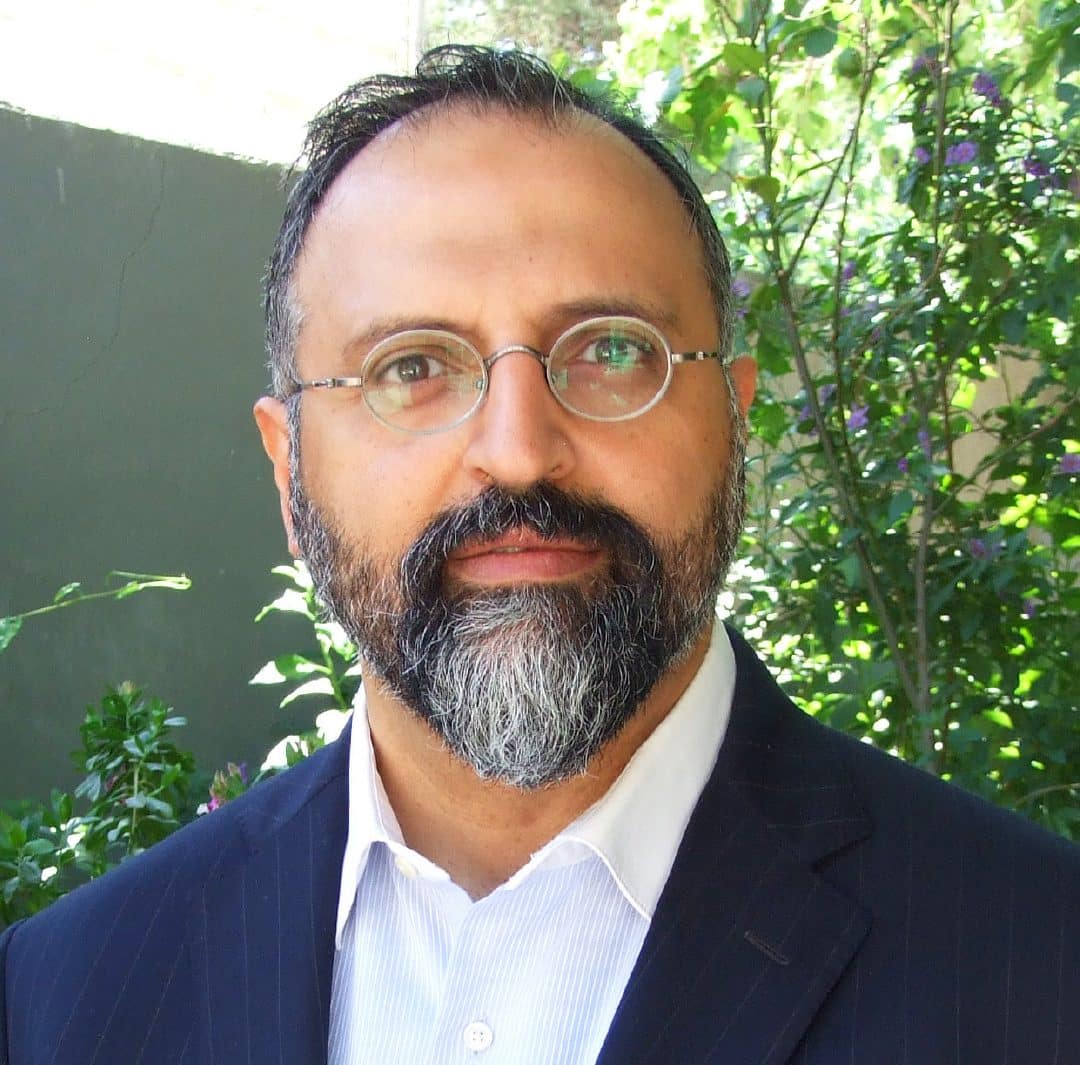We’re living in a fast-paced world that’s driven by creativity and innovation, startups from every corner around the world have been a live example and testament to that. According to Forbes, there are around 7,000 accelerators globally that help startups grow, receive mentorship, access to funding and more.
When it comes to the MENA region, there’s been a focus on certain sectors to accelerate while a specific niche — the creative and cultural industries, found it a bit harder to find opportunities to grow and scale. That was before the region welcomed IBDA3!
IBDA3 is a unique accelerator program in the MENA region that focuses on empowering startups and SMEs in the cultural and creative industries. Those include design, art, fashion, photography, writing, publishing, and just about any industry that revolves around creativity and innovation.
Based in Jordan, IBDA3 runs two cycles of its acceleration program each year. Startup MGZN recently got in touch with Mr. Yousef Hamidaddin, Managing Partner at IBDA3, to shine some light on the ethos and modus operandi of IBDA3 for our audience in the broader region.
Here are the key excerpts from that conversation:
What’s the vision behind IBDA3?
IBDA3 prides itself as the first-of-its-kind Cultural and Creative Works Accelerator in the MENA region. It has a six-point agenda consisting of the following objectives:
- To tap into the region’s rich startup and VC ecosystems to make culture a key contributor to the economy.
- To connect with and support businesses operating in various creative industries.
- Encouraging the adoption and growth in demand for quality cultural products.
- Delivering quality cultural products to an ever-expanding audience.
- To integrate digital technology with culture.
- To create an ecosystem of investable cultural enterprises with promising returns.
Without delving into specifics, IBDA3’s primary goal is to explore innovative ideas with the potential to empower, serve, and enhance the cultural and creative works industry. The platform is open to startups, SMEs, as well as emerging entrepreneurs with promising ideas.
Yousef shared with us:
“The main value added by IBDA3 is that we guide the journey of the aspiring entrepreneurs tackling all the development and growth stages of their businesses from as early as spotting ideas to companies that are looking to grow and expand.”
Startups and SMEs joining the IBDA3 accelerator program benefit from a range of perks such as theme-based mentorship, business coaching, validation, on-the-job experience, global connectivity, access to investors, and networking.
This sounds amazing. How does it work?
IBDA3 relies on a unique acceleration methodology by leveraging the expertise and know-how of sector-based experts. This helps the platform to create a unique environment that makes it easy to spot and onboard new ideas and enterprises and help them emerge investable and revenue-generating businesses.
IBDA3 runs two cohorts every year, each comprising the following three stages:
- Phase-1: Targeting and selection: In the first phase, IBDA3 announces the start of the application process. A series of awareness sessions are conducted as a part of the process in collaboration with partner organizations.
- Phase-2: Acceleration program: The second phase itself consists of two stages — the Build Stage and the Raise Stage. The first phase sees participating startups, with the help of IBDA3’s in-house experts, build their business and financial modules, among other relevant operations. In the follow-up stage, IBDA3 focuses on helping participating companies network with potential investors.
- Phase-3: Growth and Sustainability: The third and final phase is ongoing wherein IBDA3 recognizes the participating businesses as portfolio companies. This paves the way for them to continue receiving support from the IBDA ecosystem as and when needed
While phase-3 is an ongoing process, the duration of the first two phases are four weeks and six months respectively.
How it’s looking so far.
We also asked Yousef about IBDA3’s journey so far in Jordan and the broader region, as well as the positive factors that could be hindering emerging startups’ access to funding opportunities.
Speaking specifically of Jordan, Yousef shared that the market for cultural and creative products is very small in the country. There is a lack of sustainable sponsorship and funding opportunities for businesses dealing in the sector, as well as a lack of a local demand.
“Having limited skills and experience in business and business management among artists. Most of these challenges are an outcome of lack of awareness on the importance of this industry and the opportunities that it generates in terms employment and revenue,“ Yousef explained.
Despite these hardships, Yousef explained that this “objective can be achieved by working collectively with key industry players and therefore, it has conducted several strategic partnerships with The Ministry of Culture, The National Center for Culture & Arts, The Royal Film Commission, The National Music Conservatory, Jordan Media Institute and Jordan National Gallery of Fine Arts.”
As for the current startups in IBDA3’s portfolio, it names some of the more popular up-and-coming startups to have joined the program. These include: Tawq Films, Souq Aflam, Cubly, Habaka Arb, and Shorouq, just to name a few.
As for suggestions to startups and SMEs, IBDA3 urges everyone to focus on building an audience that goes beyond national boundaries. It further added that businesses should consider rolling out their products and services in multiple languages, across multiple demographics, and cultures.
Have any query or feedback about this article? Don’t hesitate to reach out to Startup MGZN through our social media platforms on Twitter, Instagram, Facebook, and LinkedIn.

